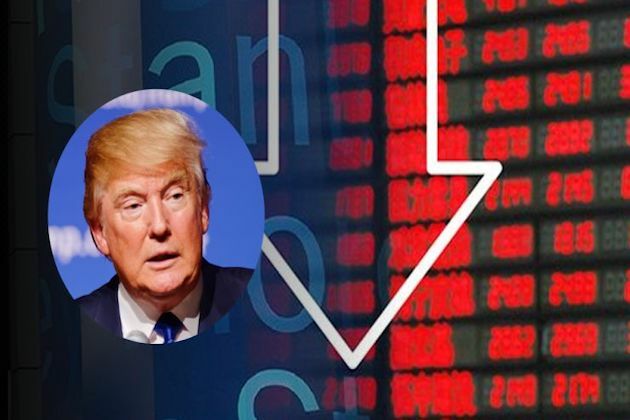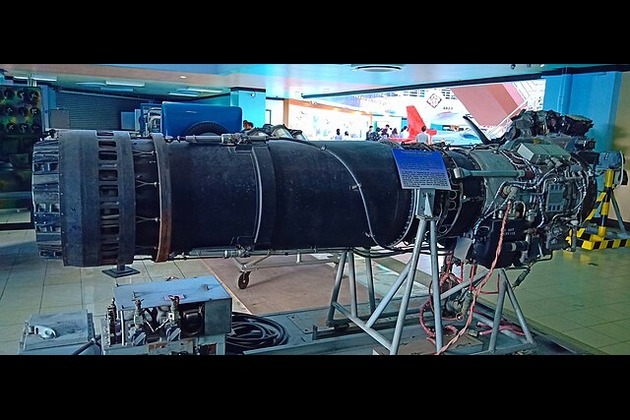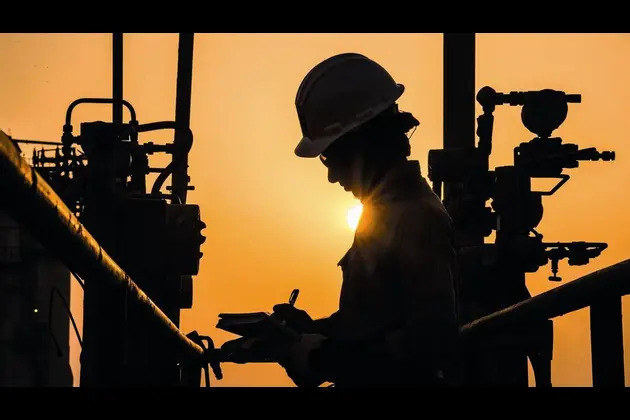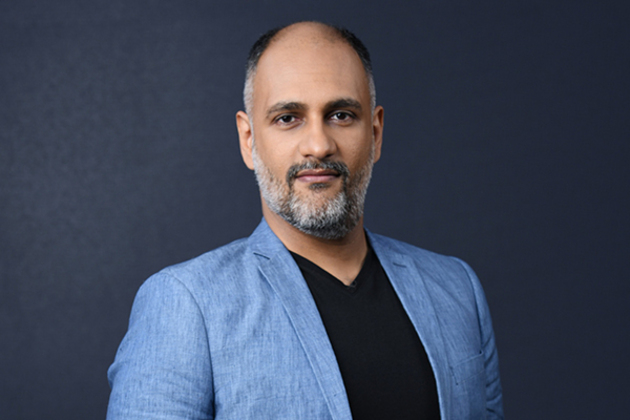Kenya's fuel crisis: how the country's subsidy system works
The Conversation
14 May 2022, 14:10 GMT+10
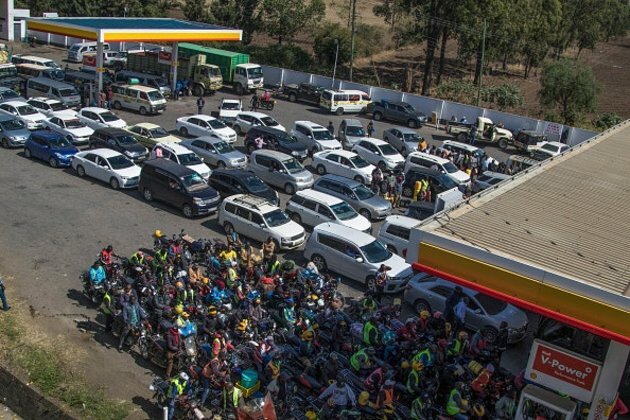
Oil is an essential commodity for Kenya's transport and industrial production, electricity generation and water provision. In 2008, as the world grappled with high oil prices, Kenya introduced price controls to cushion the blow for its citizens. The controls worked for over 10 years. But, since the start of April, there have been intermittent fuel shortages in the country. Job Omagwa has studied oil marketing and price controls in Kenya. We asked him to unpack the current fuel shortage.
How does Kenya get its fuel?
Kenya, like most of its East African neighbours, depends on imported refined petroleum products (petrol, diesel, jet fuel and kerosene) mainly from the Middle East. Oil marketing companies are the importers. The state estimates demand for the next import cycle and issues an open tender for the supply of petrol, diesel and kerosene.
Official records show that in 2021 the country imported 6.149 million litres of refined petroleum worth US$3.48 billion. The imports came mainly from the United Arab Emirates (US$ 1.41bn) and Saudi Arabia (US$1.14bn). Other sources included India, the Netherlands and Kuwait.
The tender is only open to the country's 93 oil marketing companies. The winner orders the products, which it stores and distributes via the network of the state-owned Kenya Pipeline Company to other marketers, according to demand quotas.
The established marketers do not have a countrywide reach. Smaller players have cropped up to fill that gap. These small retailers get their fuel from the established oil marketers.
How are the oil prices set?
Kenya has an oligopolistic petroleum market structure. A few big firms are able to influence prices. In Kenya, about four marketers can influence prices.
The government implemented a maximum price cap in 2011. It did this because marketers had raised the price of fuel in response to increases in international crude oil prices between 2007 and 2008, but didn't reverse them when international prices fell at the end of 2008.
The price cap is managed by the Energy and Petroleum Regulatory Authority. It sets maximum pump prices every 14th day of the month for various towns and cities in Kenya. The regulatory price takes care of the international crude oil cost, exchange rate, transport, storage and the marketer's margin.
But the actual retail prices are set by individual firms based on their unique circumstances. These cannot exceed the regulator's caps.
What is the stabilisation fund and how does it work?
The stabilisation fund was envisaged in Kenya's price control policy, right from the start, as a mechanism for cushioning the economy when global crude prices skyrocketed.
The fund became operational in 2021. It is meant to cushion consumers from unpredictable swings in global oil prices.
In particular, the fund was to remain operational as long as international crude oil prices rose above US$50 per barrel. By early 2021, international crude oil prices had risen to $55 per barrel. From each litre of petrol and diesel sold by oil marketing firms, KSh 5.40 would go towards the stabilisation fund.
Without the fund, the forces of demand and supply would push retail prices beyond the regulatory caps, making the business untenable for oil marketers. In its absence, a litre of petrol currently retailing at KSh 142 in Nairobi would, for instance, be going for about KSh 173.
Compensation from the fund to oil marketing firms is based on a certain percentage of their respective fuel costs. Since the fund became fully operational in April 2021, the government has paid oil marketers a total of KSh 49.164 billion.
Why the fuel shortage now?
The shortages were initially attributed by the Energy and Petroleum Regulatory Authority to hoarding by the oil market companies in anticipation of higher international prices. This is because the established marketers had stopped supplying fuel to small retailers at the countryside, prompting consumers to crowd nearby towns.
But the government later accused the four major oil marketers of economic sabotage. There have also been claims by the petroleum ministry that the four big oil marketers exported some of their stock to neighbouring countries.
However, the problem is that the stabilisation fund had not paid oil marketers for some time. By early April, the government had accumulated KSh 13 billion in unpaid fuel subsidies.
Despite approval of the release of KSh 34.44bn by President Uhuru Kenyatta to replenish the fuel stabilisation fund, the threat of another national shortage looms large as international prices continue to rise.
Oil marketing firms have often experienced stockouts due to a significant mismatch between demand (largely driven by panic buying) and supply. It would equally take a few more days to get their next supply, hence dry pumps for some days.
In addition, these firms would not exceed their allocation of stock by government despite increased demand for fuel. This could also explain why their pumps would run dry for some days.
How does Kenya prevent a future crisis?
In my view, the government can forestall future shortage by:
Compensating oil marketing firms (out of the stabilisation fund) on time to avoid settlement in arrears, which is believed to have compelled most of the oil marketing firms to export much of their oil supply to the international market, where they would be paid cash upfront.
Increasing the capacity of the state-owned National Oil Corporation to store much more in fuel reserves. Such a reserve would stabilise supply in the event the private oil marketing firms engage in hoarding or opt to export their stock to the international market.
Scrapping the stabilisation fund, which, though legal, is not entrenched in the Kenya Energy Act 2019 or the Petroleum Act 2019. This would mean higher pump prices but supply might be much more assured.
Author: Job Omagwa - Lecturer - finance and accounting, Kenyatta University 
 Share
Share
 Tweet
Tweet
 Share
Share
 Flip
Flip
 Email
Email
Watch latest videos
Subscribe and Follow
Get a daily dose of Broadcast Communications news through our daily email, its complimentary and keeps you fully up to date with world and business news as well.
News RELEASES
Publish news of your business, community or sports group, personnel appointments, major event and more by submitting a news release to Broadcast Communications.
More InformationBusiness
SectionBirkenstock steps up legal battle over fakes in India
NEW DELHI, India: Birkenstock is stepping up its efforts to protect its iconic sandals in India, as local legal representatives conducted...
Beijing hits back at EU with medical device import curbs
HONG KONG: China has fired back at the European Union in an escalating trade dispute by imposing new restrictions on medical device...
Wall Street reels after Trump invokes new tariffs
NEW YORK, New York - Monday's trading session saw mixed performances across U.S. and global markets, with several major indices posting...
Trump admin allows GE to restart engine sales to China’s COMAC
WASHINGTON, D.C.: The U.S. government has granted GE Aerospace permission to resume jet engine shipments to China's COMAC, a person...
Saudi Aramco plans asset sales to raise billions, say sources
DUBAI, U.A.E.: Saudi Aramco is exploring asset sales as part of a broader push to unlock capital, with gas-fired power plants among...
Russia among 4 systemic risk countries for Italian banks
MILAN, Italy: Italian regulators have flagged four non-EU countries—including Russia—as carrying systemic financial risk for domestic...
Sectors - Broadcasting
Section"BCCI, Lucknow team management helped a lot": Vaibhav Kumar on Akash Deep's sister's recovery
Sasaram (Bihar) [India], July 7 (ANI): India's seamer Akash Deep's childhood friend, Vaibhav Kumar, said that the cricketer's sister,...
First signs of 'Gill Era' promise: India's superstars and heroics at Birmingham, in numbers
Birmingham [UK], July 7 (ANI): Following some promising signs at Leeds despite a five-wicket loss, the massive ceiling and unreal potential...
ICC appoints Sanjog Gupta as their Chief Executive Officer
New Delhi [India], July 7 (ANI): The International Cricket Council (ICC) on Monday announced the appointment of Sanjog Gupta as its...
Turning tragedies into ten-fer: Years of toil, tragedy, practice behind Akash Deep's record-breaking Birmingham outing
Birmingham [UK], July 7 (ANI): Indian pacer Akash Deep mesmerised one and all with a ten-wicket haul in a critic-silencing, era-defining...
India's Birmingham hero Akash Deep reveals sister's cancer diagnosis, says playing this match "to make her happy"
Birmingham [UK], July 7 (ANI): Following his side's win over England, Indian pacer Akash Deep revealed that he played the match because...
France returns military base to Senegal
Paris is withdrawing its troops after the African country scrapped a decades-old defense agreement France has handed over a military...



